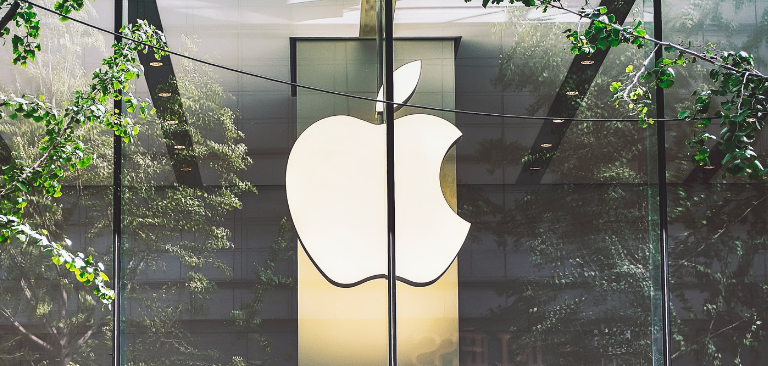Apple lobbyists are trying to undermine a new law targeting the use of forced labor in China. The company insists that it respects human rights but the evidence suggests the opposite.
The bill that Apple is working against is called the Uyghur Forced Labor Prevention Act. If it becomes law, US-based companies will not be allowed to use forced and imprisoned labor from the Xinjiang Province in China. According to multiple reports, the Chinese government has put more than one million Uyghur in concentration camps, where they are forced to work in various industries for low pay.
The bill passed the House in September without much lobbying or opposition. Now, it is in the Senate, where some changes might be made.
When it becomes law, US-based businesses will not be able to turn a blind eye to the labor and human rights laws some Chinese companies ignore. Public companies such as Apple will be required to prove to the Securities and Exchange Commission that there is nowhere in their production line that forced labor from Xinjiang and the Uighur people is used.
Already the US prohibits companies from using forced labor. However, the current law is hardly ever enforced, particularly because it is difficult to prove that the companies know about forced labor. The new law patches the loopholes of the existing laws. Its violation will result in a company being prosecuted for securities violations.
According to the Washington Post, Apple is among the corporations opposing some provisions in the bill. In other words, Apple is trying to weaken the bill.
On previous occasions, the company has denied accusations of using forced labor.
“Forced labor is abhorrent. We would not tolerate it in Apple,” CEO Tim Cook said during a congressional hearing back in July. He also said that should the company find out that a supplier uses forced labor, it would “terminate the relationship.”
The company’s spokesperson, John Rosenstock told The Washington Post that Apple “is dedicated to ensuring that everyone in the supply chain is treated with dignity and respect.” He added that the company supports the new law. He also defended the company, saying that earlier in the year, it “conducted a detailed investigation with our suppliers in China and found no evidence of forced labor on Apple production lines, and we are continuing to monitor this closely.”
Apple, and other companies such as Microsoft and Google, rely on Chinese manufacturing. It is not clear how much electronics manufacturing happens in Xinjiang, since the Chinese government frustrates foreign journalists’ efforts to cover the region.
However, human rights advocates believe there are several electronics factories in the region. Additionally, “re-educated” Uighur people are transferred from the region to factories in other parts of the country.
Although Apple denies the use of forced labor in its supply chain, a report by the Australian Strategic Policy Institute provided evidence to the contrary. The report refers to a 2017 article by a Chinese newspaper that claimed that the Chinese government moved at least 1,000 Uighurs to a factory owned by O-film, a company involved in the manufacture of the selfie cameras of iPhones.
The report also references a report by a local government in China from 2019, that claimed about 560 Uyghurs were moved to Henan, some ending up in Foxconn’s factory in Zhengzhou, which assembles about half of Apple’s products.
Besides, if Apple was so sure it does not use forced labor, would it be lobbying against the Uyghur Forced Labor Prevention Act?
“What Apple would like is we all just sit and talk and not have any real consequences. They’re shocked because it’s the first time where there could be some actual effective enforceability,” said the director of the international department at AFL-CIO, one of the organizations that championed the bill.













